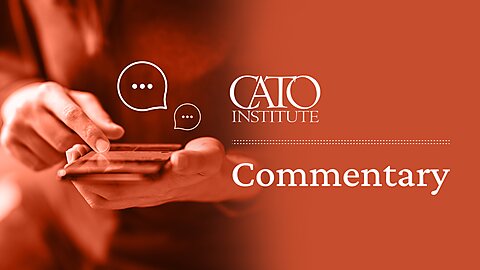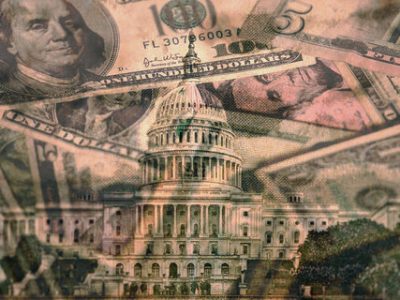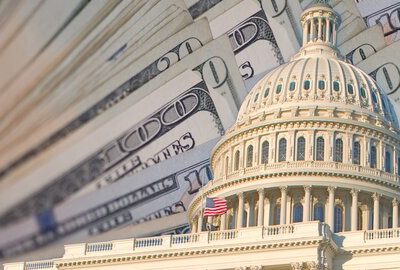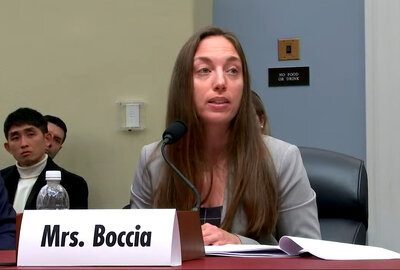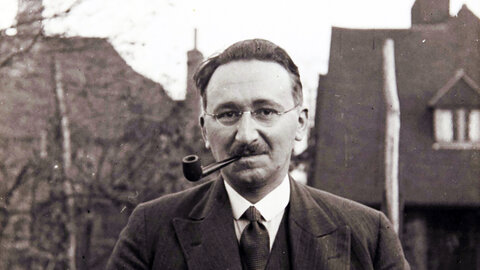
In her recent article in Business Insider, Linette Lopez, a graduate of the School of Journalism at Columbia University, argues that China’s latest efforts to spur the economy are too little, too late. She holds that Xi Jinping is opposed to massive stimulus programs that would directly stimulate consumption by sending checks to households because “the Chinese president is a follower of the Austrian economist Friedrich Hayek, who believed that direct stimulus distorts markets and leads to uncontrollable inflation.”
Xi’s Views Are Diametrically Opposed to Hayek’s
Xi Jinping has never been a follower of Hayek, a free market, classical liberal economist. Unlike Hayek, Xi and his comrades see order flowing from power, not from the voluntary actions of free individuals in pursuit of a better life bounded by limited government under a just rule of law. The Hayekian idea of spontaneous order, based on private property rights and a free market for ideas, is anathema to Xi and the CCP.
Since Xi took power as general secretary of the Chinese Communist Party (CCP) in November 2012 and as president in March 2013, China has moved away from market liberalization and returned to state-led development and industrial policy. The private sector has lost out to the growing state sector, and individual freedom has suffered under Xi’s crackdown on human rights. Reformers and all those who favor greater freedom of thought and expression have been silenced. Moreover, Xi’s suppression of Hong Kong’s free market in ideas—in the name of “national security”—has transformed what was once the star of market liberalism into a puppet of China.
The Case of Unirule
One notable example is the closure of the Unirule Institute in August 2019. Established in 1993 by Mao Yushi and others, it was a beacon for liberty and a proponent of Hayek’s ideas. As early as 1998, Mao commissioned a Chinese translation of The Constitution of Liberty, one of Hayek’s most important works. In 2012, just before Xi came to power, the Cato Institute awarded Mao with its highest honor, the Milton Friedman Prize for Advancing Liberty.
The fragile future of freedom under Xi was already evident by October 2013, when Gao Quanxi, a noted Hayekian and law professor at Beihang University spoke at the Unirule Institute. With members of the Hayek Association present, he warned, “Today we’re in a new planned economy” with less freedom than a decade ago. The free market for ideas is moribund. “Communism has failed. Socialism has failed. What we have here is statism. And Hayek really opposed that.” Upon the closing of Unirule, its executive director, Sheng Hong, sadly stated, “We no longer have any space for survival.”
The CCP’s Opposition to Welfarism
The real reason Xi opposes the welfare state is not because he is a follower of Hayek, but because the CCP has always been ideologically against social welfare spending. The CCP’s long-held doctrine is that welfare spending would only prolong poverty by diminishing the incentive to work and to save. As Lingling Wei and Stella Yifan Xie note, “The lack of spending on social welfare runs counter to some stated goals of China’s Communist Party, which has staked its legitimacy on delivering continued prosperity.”
The key role of the CCP is to nurture “socialism with Chinese characteristics,” not to imitate Western welfare states. China’s paramount leader Deng Xiaoping realized that prosperity was better served with economic liberalization than continued central planning and state-led development. Xi has turned away from that vision.
China Needs Hayek
China’s biggest challenge will be to rethink the role of the state and market, and consider the fundamental role of a free market for ideas—and a genuine rule of law—in the quest for prosperity and human well-being.
In doing so, reflection on Hayek’s work can provide some guiding principles, the most important of which is the role of freedom in creating a spontaneous social and economic order, which cannot be attained by the power of central planning and control. As Hayek concluded in The Road to Serfdom, now celebrating its 80th anniversary, the “only truly progressive policy” is “a policy of freedom for the individual.”

